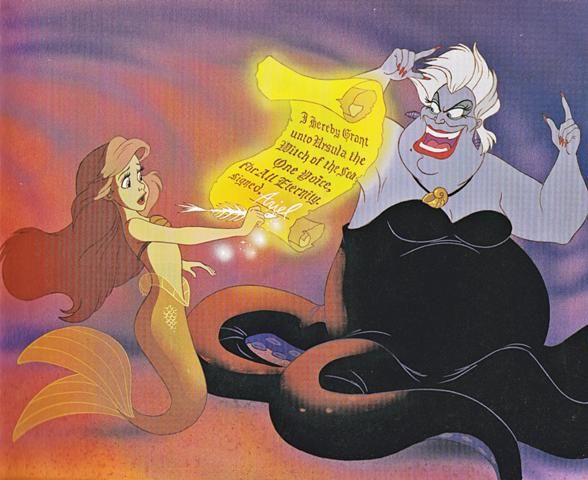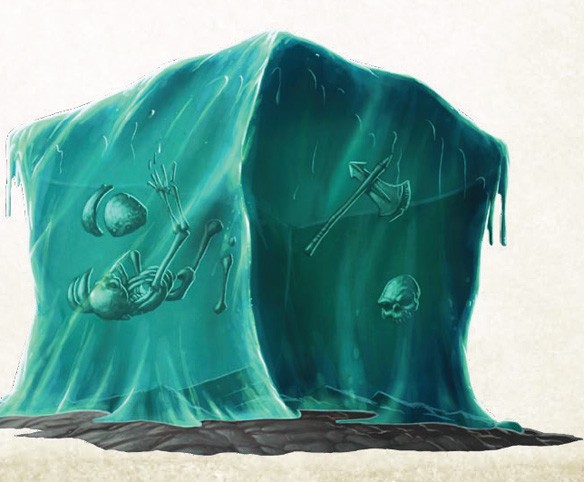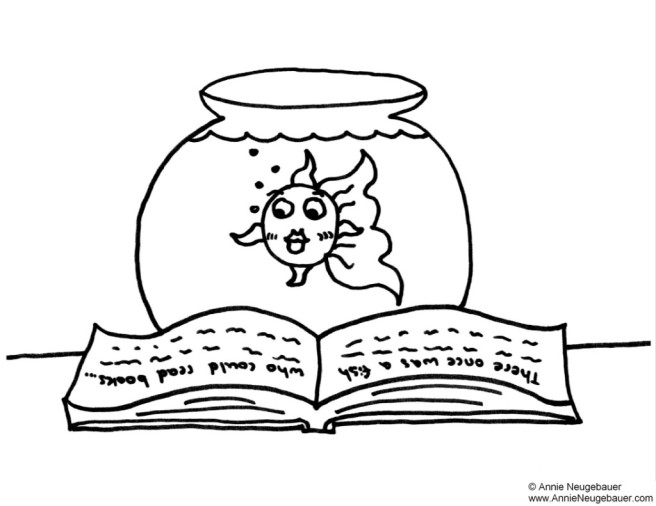What makes someone fall in love with an author’s work? Maybe it’s the world they’ve created, the characters, or the stories. Or it could be the words they’ve chosen. And I’m not talking about vocabulary (although that helps). It’s more than the individual words, more than the sentences and even more than the passages. It permeates every level of the work. You could say it is their signature style. That is what we call an author’s voice. It is what makes each of us unique. If you gave three authors the same plot to write out, their voices would be what sets them apart.
So you’re probably thinking “This voice thing sounds pretty important. How do I find mine?” To which I say “If you’ve lost your voice, tea with honey and lemon is a soothing remedy” (Yep, good life choice not going into stand up comedy) I wish I could say there’s some magic process that will lead you straight to your voice, but the key ingredient is volume.
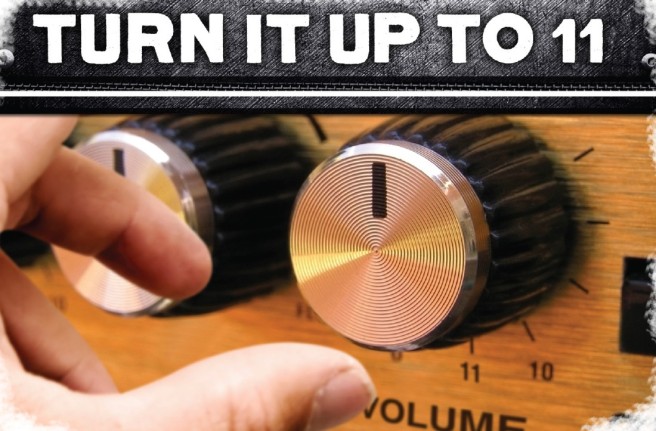
You need to write. A lot. Just write and let the words flow out of you. Don’t even worry if they’re the right words the first time around. After you write, let it sit for awhile. That may mean stepping away for an hour, a day, or even a week until you can look at it with fresh eyes. Then come back to it and see what speaks to you. What sounds right and what doesn’t. Do some editing and see what it looks like afterwards. As you rinse and repeat until you’ll start to see a pattern of what “feels right” in your writing. That’s your natural story-telling style speaking to you. At first you might only see it on one page or even one line here and there. But that’s it. That’s your voice.
When you’re relatively new (like myself, less than a year in as a professional) you may find that your voice is not quite solidified at the beginning. *insert all of the writing suggested above* By the time it’s well formed you’ll have a decent chunk of writing to show for it. As you look back over your work it’s natural to see the evolution of your voice, especially comparing the very beginning to your writing at the end.
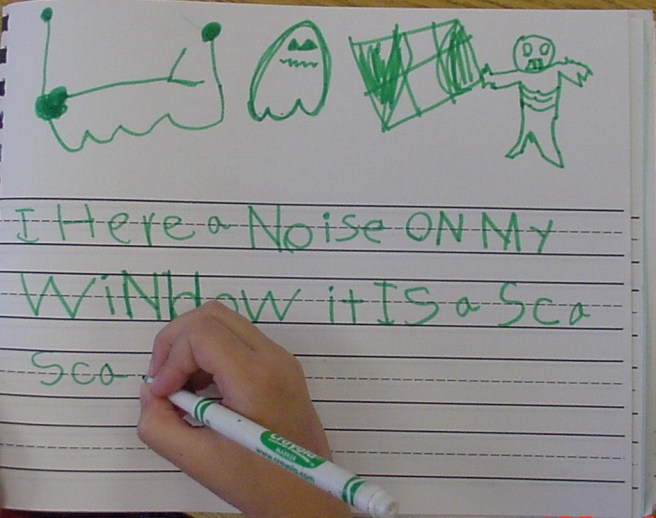
That’s okay. You can go back and fine tune whatever doesn’t fit with your voice. And sometimes reading your early work can help you rediscover your voice when you feel you’ve lost sight of it. Just recently I felt my writing was becoming a bit dull. Going back to the early chapters I was able to see all of the energy and life from when I first launched into my WIP.
As with all things a balance must be struck. You should stay true to your voice, but you don’t want to become stagnant for lack of growth either. To combat this I suggest interacting with other creators, seeking advice or feedback from non-writers and reading. And more reading. And then read some more (noticing a theme here?) All of those things can feed new voices to breath life into your own, but don’t let them shout over yours. This applies more to getting feedback from people (books are less prone to shouting at you). You can listen to any comments with an open mind, but you are in no way obligated to make the changes they suggest. It is your voice and your words that matter. So go out there and write until you can hear your voice in the pages! And be sure not to trade it away to a sea-witch for legs or anything silly like that.
